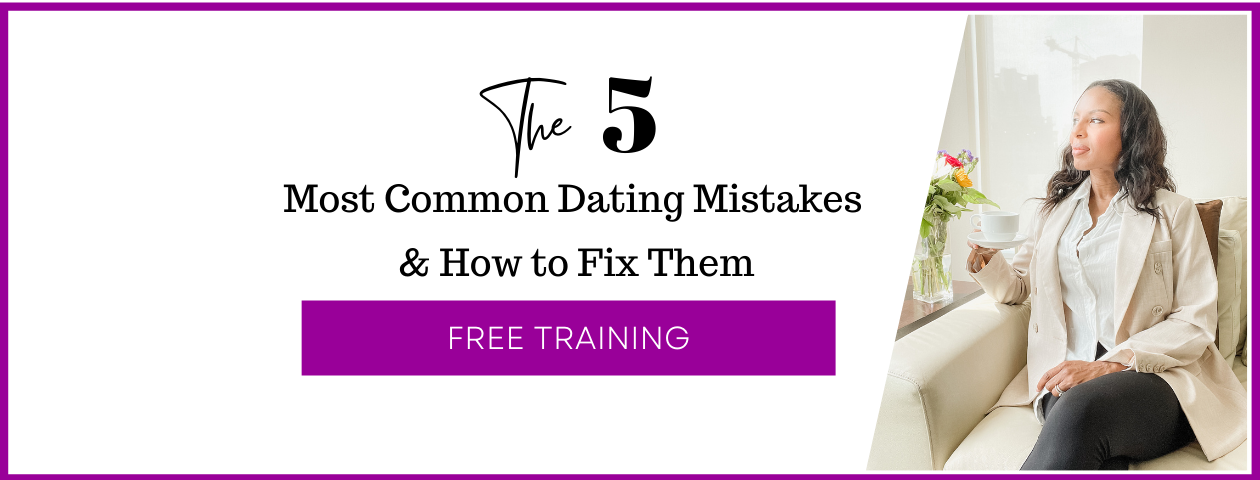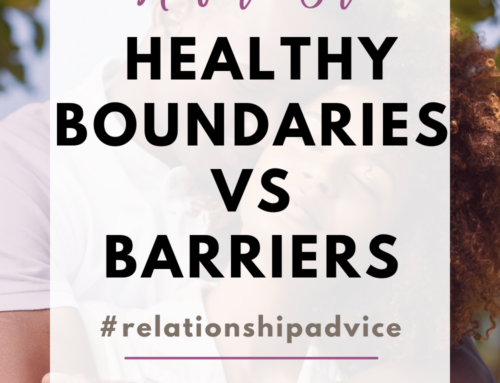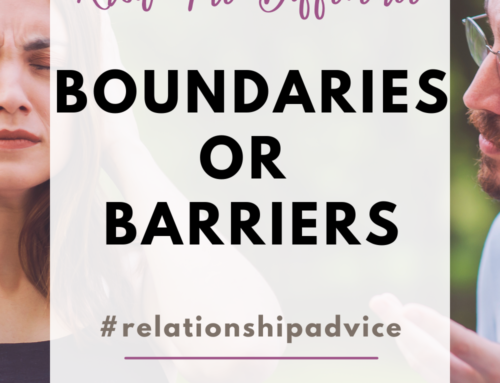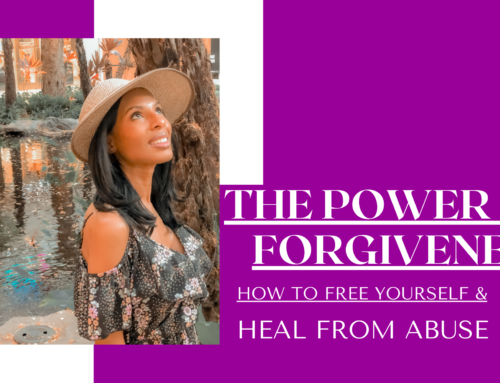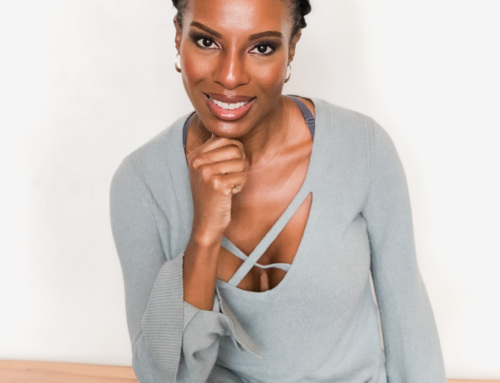Healthy Relationships And Unhealthy Relationships
In this blog post I am going to outline the differences between healthy relationships and unhealthy relationships. However, before I start outlining the differences I want to make something clear: Unhealthy relationships are not necessarily abusive relationships. However, abusive relationships are always unhealthy. I will be discussing both below:

Healthy Relationships:
A healthy relationship is one that makes you feel good. You are free to be yourself and your partner is free to be themselves. Also in a healthy relationship, there is a healthy level of give and take, reciprocity and mutual love and respect for ones self and one another. In a healthy relationship you do not have to pretend to be anyone else or compromise your happiness for your partner, nor does your partner have to sacrifice his/hers happiness for you.

Unhealthy Relationships:
In an unhealthy relationship two or more of the following is missing: communication, conduct, compatibility, consideration, commitment, and compromise (See The 6C’s For A Healthy Relationship). Also in an unhealthy relationship, there is a disconnect between you and your partner. You may argue a lot or have healthy disagreements that don’t ever lead to a solution. In an unhealthy relationship neither you or your partner is happy, and at times unable to be who they are. An unhealthy relationship may also include physical, emotional or mental abuse. We will talk about the different kinds of abuse below:
Abusive Relationships:
There are many different forms of abusive relationships, but for the sake of this article I will be discussing physical, emotional and mental abuse in a relationship, either with a domestic partner, a girlfriend/boyfriend or a marriage.
Physical Abuse:
Physical abuse is non-accidental use of force that results in bodily injury, pain, or impairment. This includes, but is not limited to, being slapped, burned, cut, bruised or improperly physically restrained.
Emotional Abuse
In emotional abuse the perpetrator attempts to exert control, in just the same way that physical abuse is an attempt to control another person. The only difference is that the emotional abuser does not use physical hitting, kicking, pinching, grabbing, pushing, or other physical forms of harm. But, rather the perpetrator of emotional abuse uses emotion as his/her weapon of choice.
Mental Abuse
Mental or psychological abuse involves a person’s attempts to frighten, control, or isolate another person. The abuser uses his/hers words and actions, as well as their persistence in these behaviors. These tactics are meant to undermine another persons self-esteem. Mental abuse can include: name calling, yelling, character assassination, degrading pet names, public humiliation, putting you down, dismissive, belittling your accomplishments, looks or interests.
To conclude: When you’re if you’re looking to get into a happy committed relationship or improve the relationship you are already in, this blog post can help you recognize the difference between a healthy relationship and an unhealthy relationship. Healthy relationships should make you feel happy and good, whereas unhealthy relationships do not feel good. The best way to tell the difference if you’re not sure is to ask yourself how you feel and if you do not feel good, something is off. This does not mean that you and your partner will feel good all the time or that you will not argue or disagree sometimes. However, if you feel bad for long periods of time in your relationship, then first talk to your partner, then seek help. You can get help from a dating and relationship coach like me. However, if it’s more serious, whereas you’re experiencing abuse, call the National Domestic Violence Hotline at 1-800-799-7233 number to learn more or call 911 if you are in danger.
That’s it for now. If this article helped you, please leave a comment below. For more helpful tips, tools and takeaways, subscribe to our monthly newsletter below, and join our FREE Facebook group for more in depth discussions about love, dating and relationships.

